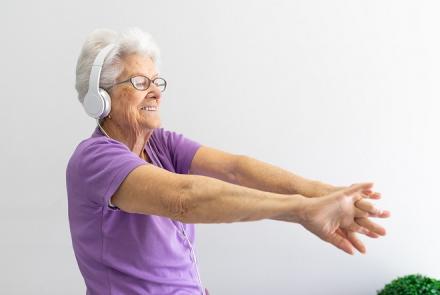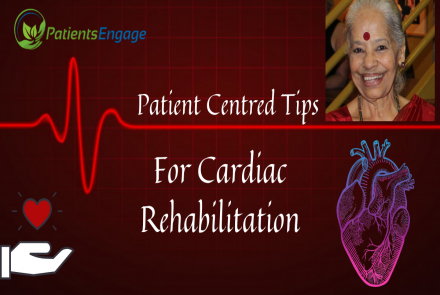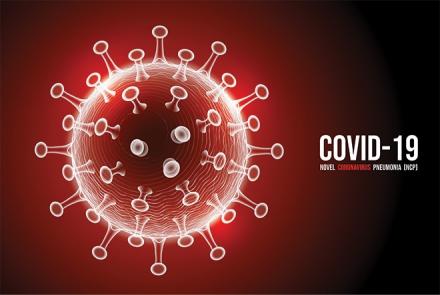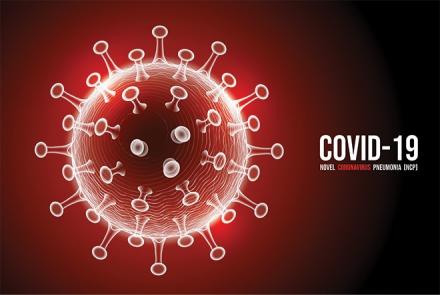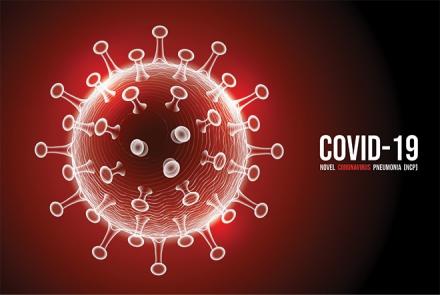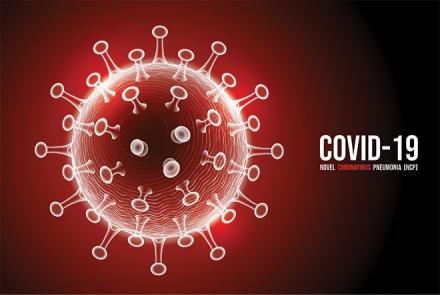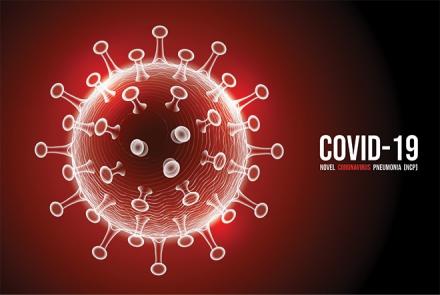Polypharmacy in the elderly is a growing concern and can even cause harm to the patient. Dr. Anita Kumar explains the risks associated with polypharmacy, the symptoms to watch out for and the way forward for patients and their caregivers.
Polypharmacy is an issue that requires addressing because people unknowingly follow polypharmacy and do not recognize the potential harm it may cause. In recent times, polypharmacy has emerged as a public health issue and a concern globally…
Latest Stories
- 2020 changed the independence and empowerment of older adults to a feeling of heightened vulnerability. But does it really have to be like that? Can older persons reclaim the feeling of being in control? Here is a practical list of what to do and avoid. The Covid-19 pandemic has reduced everyone in their 60s and above to being termed ‘Vulnerable Elders’, with its associated feelings of fear and isolation from even friends and relatives. But it was barely six months ago that the 60s were termed…
- Dr Kalyani Nityanandan, 85-year-old Chennai based cardiologist, who pioneered the first cardiac rehabilitation facility in Tamil Nadu, shares her vast knowledge on recovery and staying well after cardiac arrest. Let me begin with a real life case. A middle-aged man has a sudden cardiac arrest. With competent care and some luck, he is saved. He is discharged from the hospital with his heart and arteries in reasonably good shape. The doctors advise cardiac rehabilitation, along with a flood of…
- Increasing number of Coronavirus patients have reported symptoms that persist weeks after the infection is clear. We speak with Dr. Swati Jha, Director, Community Health & Research at Aga Khan Health Services India on post viral syndrome, the common lingering symptoms and what actions should be taken. What are the most common post-Covid symptoms/conditions seen? In a typical patient Physical fatigue- pain in the limbs, difficulty walking, climbing stairs…
- COVID-19 Management The likelihood of presenting with a moderate or severe case with complication is linked to age and co-morbidities so far. These include: Acute respiratory distress syndrome or ARDS Pneumonia or other secondary infections Sepsis Coagulopathies Acute Kidney Injury Multiorgan failure Macrophage Activation syndrome or Hemophagocytic lymphohistiocytosis. Many believe that the complications are caused by a condition termed as the Cytokine Storm. This is a hyper inflammatory…
- Sign and symptoms of COVID-19 We are still learning about the virus and symptoms seem to vary from person to person. Many people experience no symptoms at all; they are termed as asymptomatic carriers. Many others experience some symptoms but again severity varies from person to person. Common symptoms include: Sore throat Low grade fever Shortness of breath Cough Loss of taste Loss of smell Fatigue Diarrhea Vomiting Headaches Signs typical of COVID as seen on Chest CT scan is the ground…
- How To Prevent Covid-19 Infection Vaccines are our best defense against the virus. However, we must continue to practise proper hygiene measures to prevent getting the infection. These include: Washing hands with soap and water frequently through the day. Use hand sanitiser if soap is not available. Wearing a mask that covers the nose and mouth when going out of the house. For detailed guidelines on how to use a mask, please click here. Practice social distancing. Avoid touching of face. Avoid…
- Treatment of patient with Covid-19 First steps after detection of a positive patient includes: Isolation for the patient who has tested positive Quarantine for suspected cases As of now, there is no specific treatment for this infection. Most people report a mild or asymptomatic infection and require no specific treatment. For moderate or severely affected persons, hospitalisation is mandated. Treatment is supportive and ventilation for the critically ill patients. Various drugs…
- COVID-19 Tests and diagnosis There are various types of tests available for detection of Covid-19: RT-PCR (Reverse Polymerase chain reaction) is the gold standard used for diagnosis of individuals. A nasal or throat swab is taken and put in a machine that amplifies and detects the virus. Antigen tests are used for quick diagnosis at home. As per the kit instruction, people can use the swab to first swipe their throat and then the nose. It detects the spike protein on the coronavirus. It…


